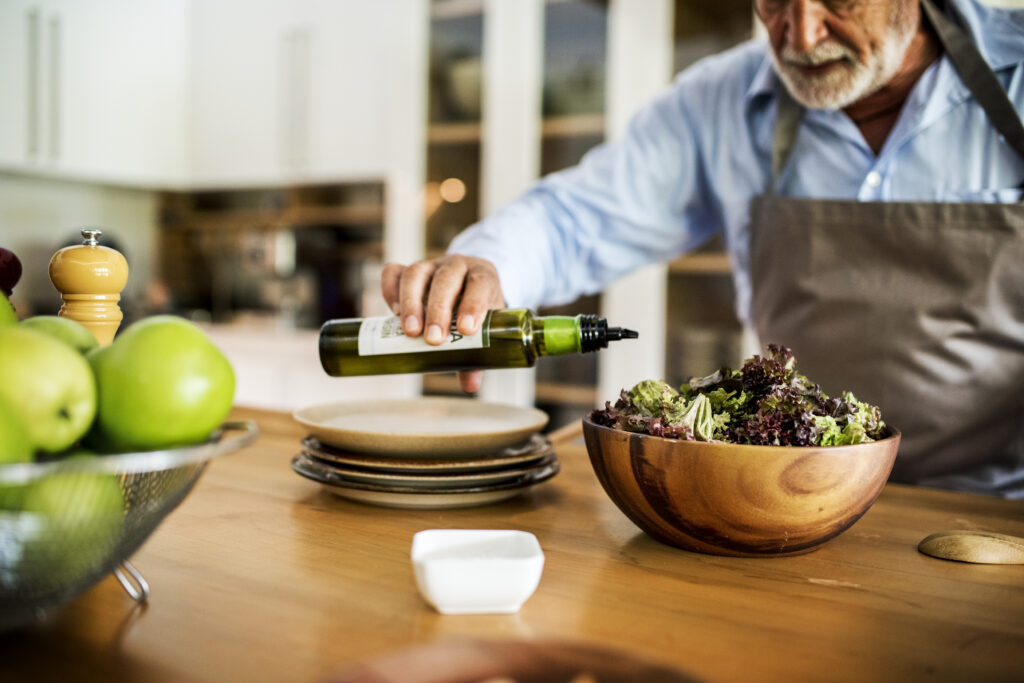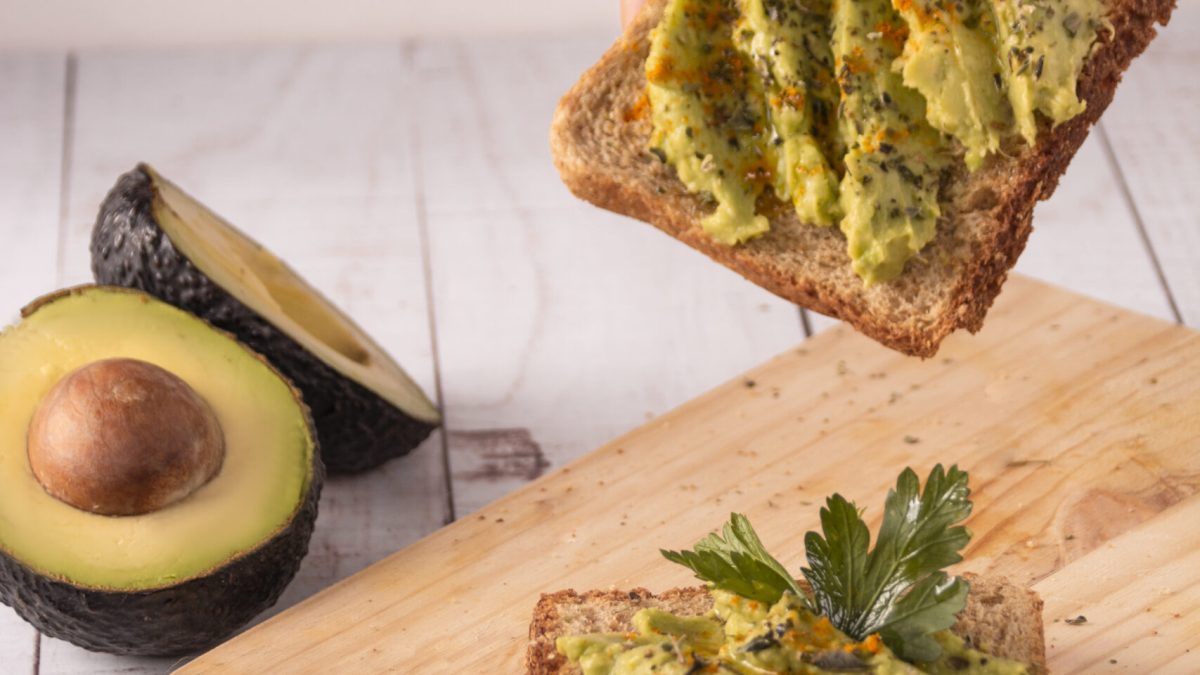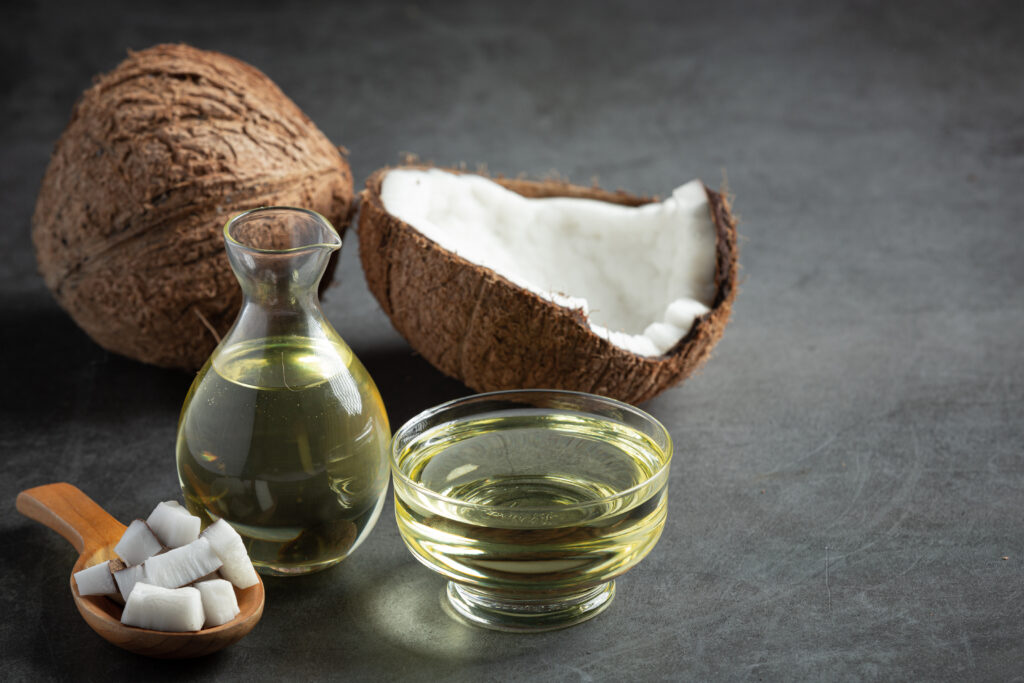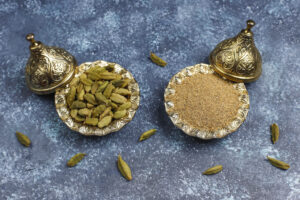Ever heard that cholesterol is the enemy? You’re not alone. But what if the truth was a little more nuanced? In reality, your body needs cholesterol — just not too much of the wrong kind. Managing it well isn’t just about avoiding heart disease; it’s about living with energy, clarity, and confidence.
Let’s break down the myths, give you real answers, and show you how to take charge of your health—without fear, guilt, or confusion.
Table of Contents
What Is Cholesterol, Really?
Cholesterol isn’t some villain lurking in your blood. In fact, your body produces it naturally. It plays a key role in cell function and hormone production—it’s essential to life.
It helps you:
- Build healthy cell membranes
- Produce hormones like estrogen and testosterone
- Make vitamin D
- Digest food through bile acids
Your liver produces enough cholesterol for your body to stay healthy and function properly. Too much meat or dairy can push your cholesterol levels higher over time. That’s where balance matters.
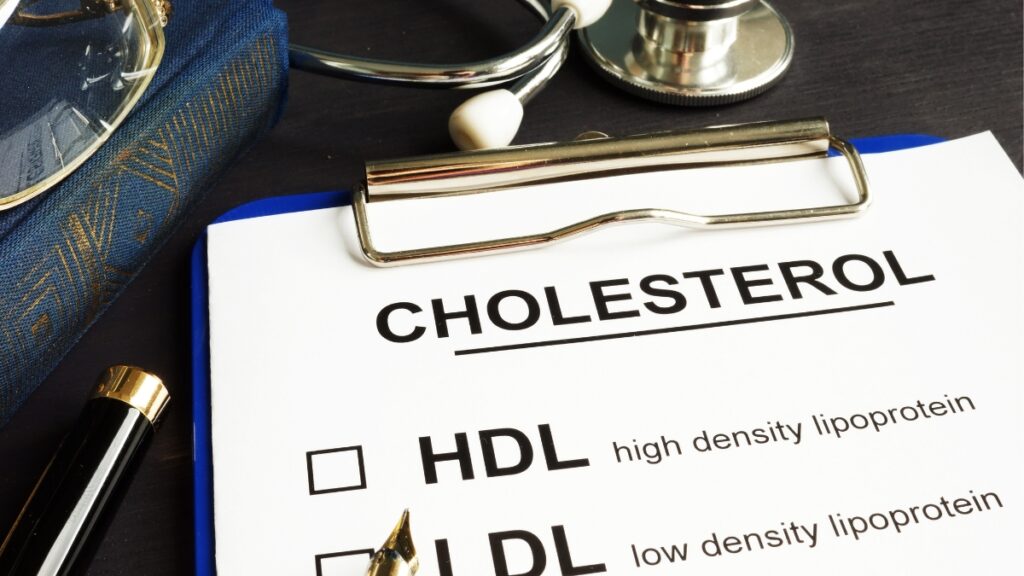
The Good, The Bad, and The Misunderstood: Types of Cholesterol
Let’s clear up the confusion.
LDL: The “Bad” Cholesterol (But Not Always Evil)
HDL: The “Good” Cholesterol
High-density lipoprotein (HDL) helps clean up excess cholesterol, taking it back to your liver for recycling. Think of it as your body’s cholesterol janitor.
Triglycerides: The Often-Ignored Cousin
They’re not cholesterol, but they travel with it. High triglycerides—often from sugar, alcohol, or overeating—can make bad cholesterol worse.
Why Cholesterol Balance Matters
Cholesterol itself isn’t dangerous. Too much cholesterol can clog arteries, slow blood flow, and raise heart disease risk.
Watch for these warning signs:
- High LDL and low HDL
- High triglycerides
- Inflammation or insulin resistance
You won’t feel high cholesterol, but it quietly builds risk over time — which makes regular checkups key.
Also Read : Best Mindset Books
The Real Causes of High Cholesterol (It’s Not Just Eggs!)
You’ve probably heard that fatty foods raise it. But it’s more complex.
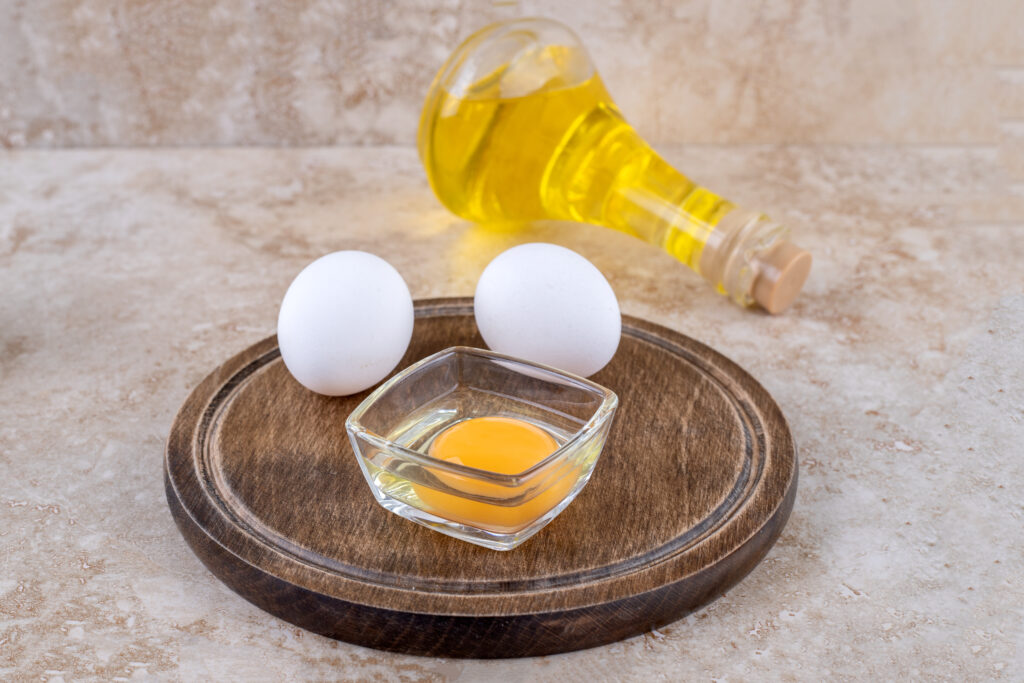
What actually raises LDL?
Trans fats (like in fried or packaged snacks)
- Refined carbs and sugar
- Inflammation (from chronic stress, smoking, or obesity)
- Genetics (familial hypercholesterolemia)
What lowers HDL?
- Smoking
- Inactivity
- Low-fat crash diets
Also Read : Jeera Benefits (Cumin Seed)
Simple Lifestyle Shifts That Work Wonders
You don’t need fad diets or fancy supplements. Small steps = big wins.
Eat Smart
Move Daily
Exercise boosts HDL and lowers LDL.
Just walking for 30 minutes five days a week can help your numbers.
Try:
- Brisk walking
- Cycling
- Strength training
- Dancing or yoga
Also Read : Glass Painting
Manage Stress
Chronic stress spikes cortisol, which can increase it.
Try:
- Deep breathing
- Meditation
- Nature walks
- Journaling
Quit Smoking and Limit Alcohol
Smoking lowers HDL and inflames arteries.
Also Read : Khas Khas Miracle (Poppy Seeds)
What About Medications Like Statins?
When lifestyle changes aren’t enough, your doctor might suggest statins or similar meds.
Statins reduce its production in the liver. They work well but may cause side effects like muscle pain or fatigue.
Always ask:
- “Do I truly need this right now?”
- “Can I try lifestyle changes first?”
- “Are there natural options to combine with treatment?”
It’s your health — you deserve to be informed and involved.
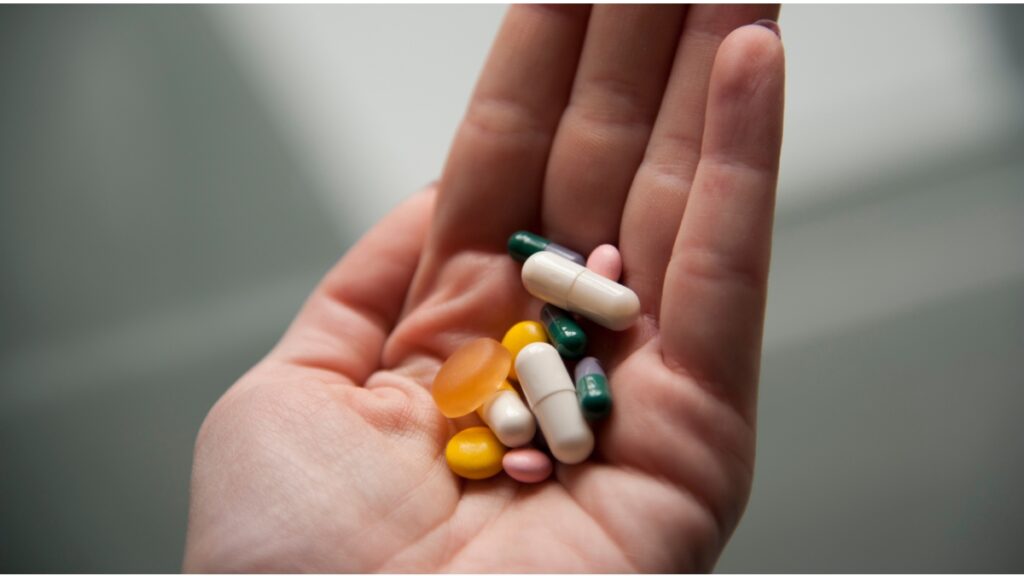
Also Read : 22 Body Heat Hacks
Busting the Biggest Myths
Let’s clear the air.
❌ Myth: All cholesterol is bad.
✅ Truth: Your body needs cholesterol to survive. Balance is key.
❌ Myth: Avoid all fats.
✅ Truth: Healthy fats (like olive oil, avocado) actually help improve your cholesterol profile.
❌ Myth: Only overweight people have high levels.
✅ Truth: Thin people can have dangerous levels, too — especially if their diet or lifestyle is off.
❌ Myth: Medication is the only answer.
✅ Truth: Many people lower it through healthy food, movement, and habits.
Also Read : 14 Foods You Should Never Refrigerate
How to Talk to Your Doctor About Cholesterol
It’s normal to feel nervous before a doctor’s appointment. But when it comes to cholesterol, asking the right questions can make a big difference. Your health isn’t just the doctor’s job—you’re an essential part of the process too.
Want more from your next checkup? Here’s how to make it count.
Bring a list of any medications, supplements, or herbal remedies you take. Some can affect it.
- Ask for your full lipid panel results. Don’t settle for “It’s normal.” Understand your numbers.
- Talk about family history. Family history of heart problems? Be sure to mention it—it’s important.
- Mention symptoms, even if they seem unrelated, like fatigue or chest discomfort.
- Discuss lifestyle. Share any lifestyle changes—past or upcoming—with your doctor.
When you speak up, your doctor can give better, more personalized care. It’s your health, and you deserve clear answers every step of the way.
Also Read : The Truth About Sleep Deprivation
FAQs: Real Questions, Real Answers
Is it possible to bring down cholesterol levels without using medicine?
Yes — many people can. A fiber-rich diet, regular activity, and cutting sugar may show results in 3–6 months.
How often should I check my cholesterol?
Most adults should check every 4–6 years. But if you have risk factors or family history, your doctor may suggest more frequent tests.
Does coconut oil help or hurt your it?
Coconut oil raises both HDL and LDL. Use coconut oil sparingly—especially if your LDL is already on the higher side.
Can children have high levels?
Yes. Kids with poor diets, obesity, or genetic factors can develop high cholesterol early. Pediatricians may suggest screening starting around age 9.
Your Takeaway: Balance, Not Fear
It doesn’t need to be scary. When you understand it — and how your choices affect it — you gain the power to protect your heart, brain, and energy for life.
Small changes add up. Walk daily, add fiber, relax more, and ditch the junk — not because you “should,” but because you deserve to feel amazing every day.
✨ Want to explore more simple wellness tips? Check our Blog on Best Cooking Oils — we’ve got your back.
Your health isn’t a number. It’s how you feel, live, and love.
Also Read : Vitamin-E Wonders


